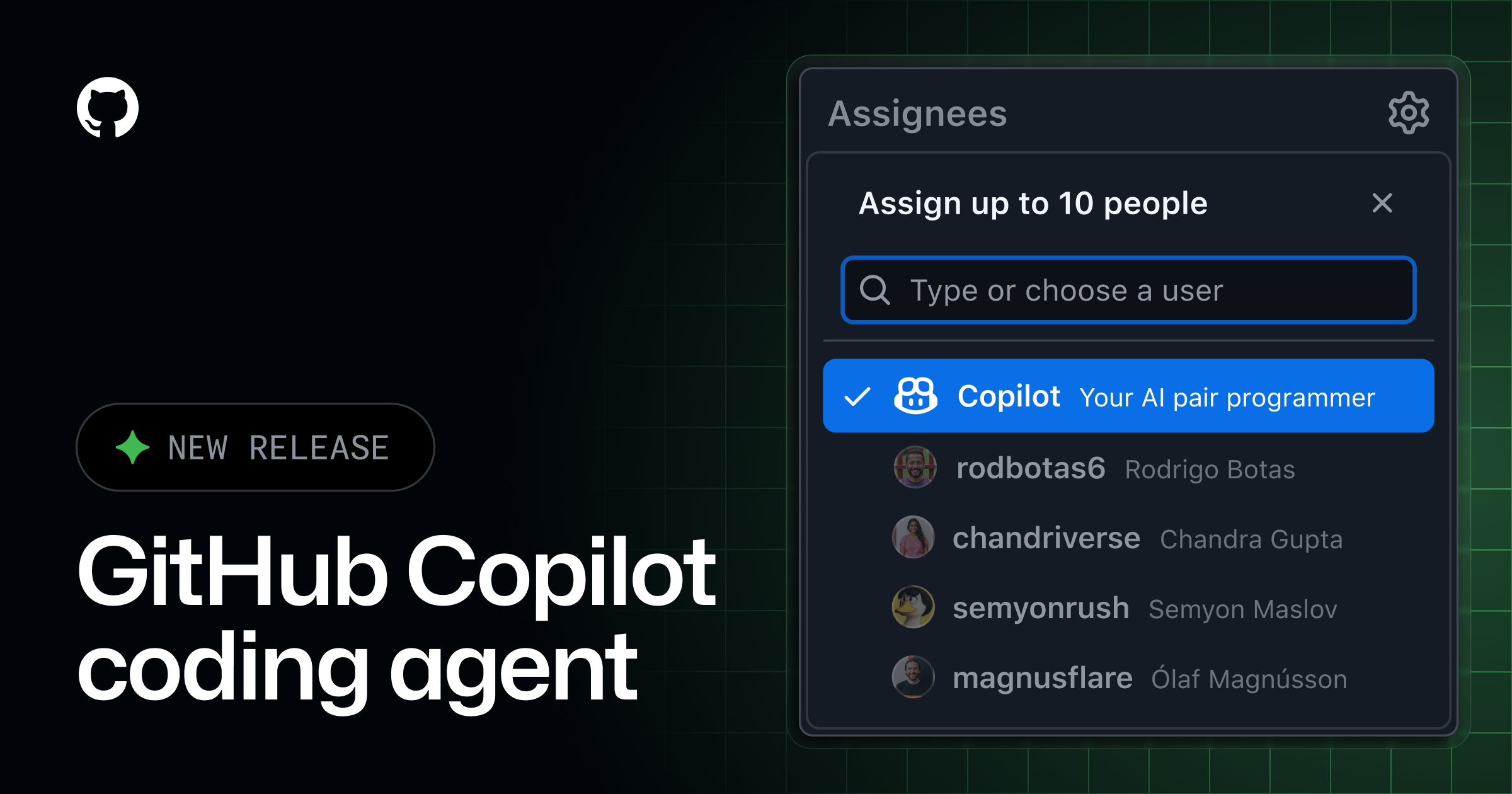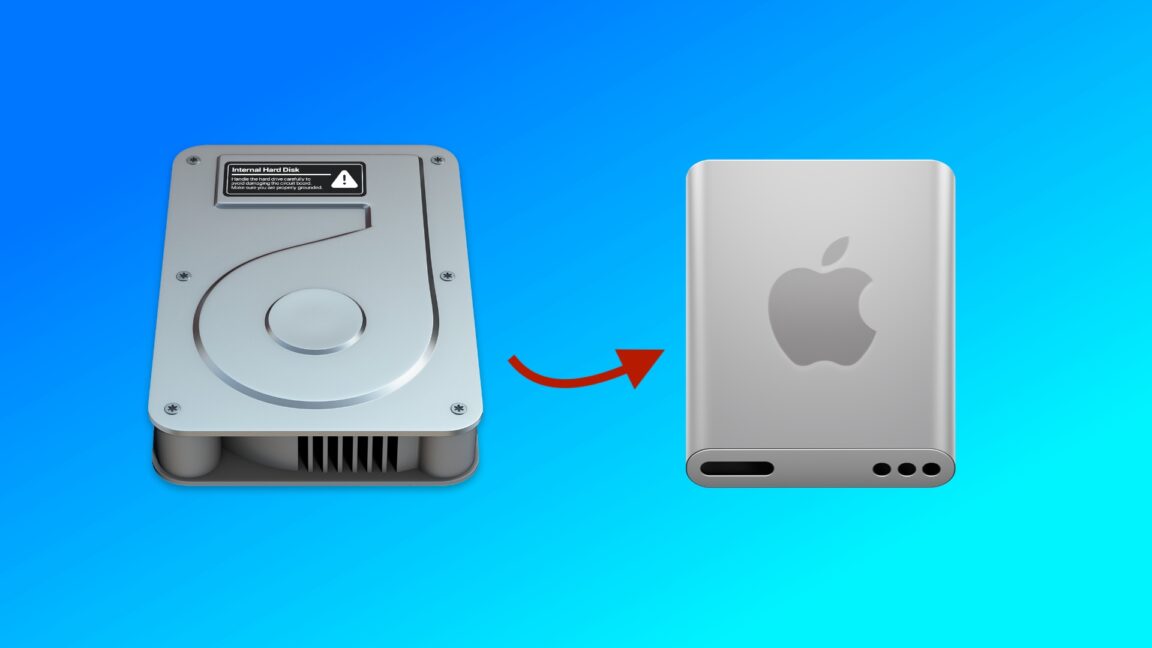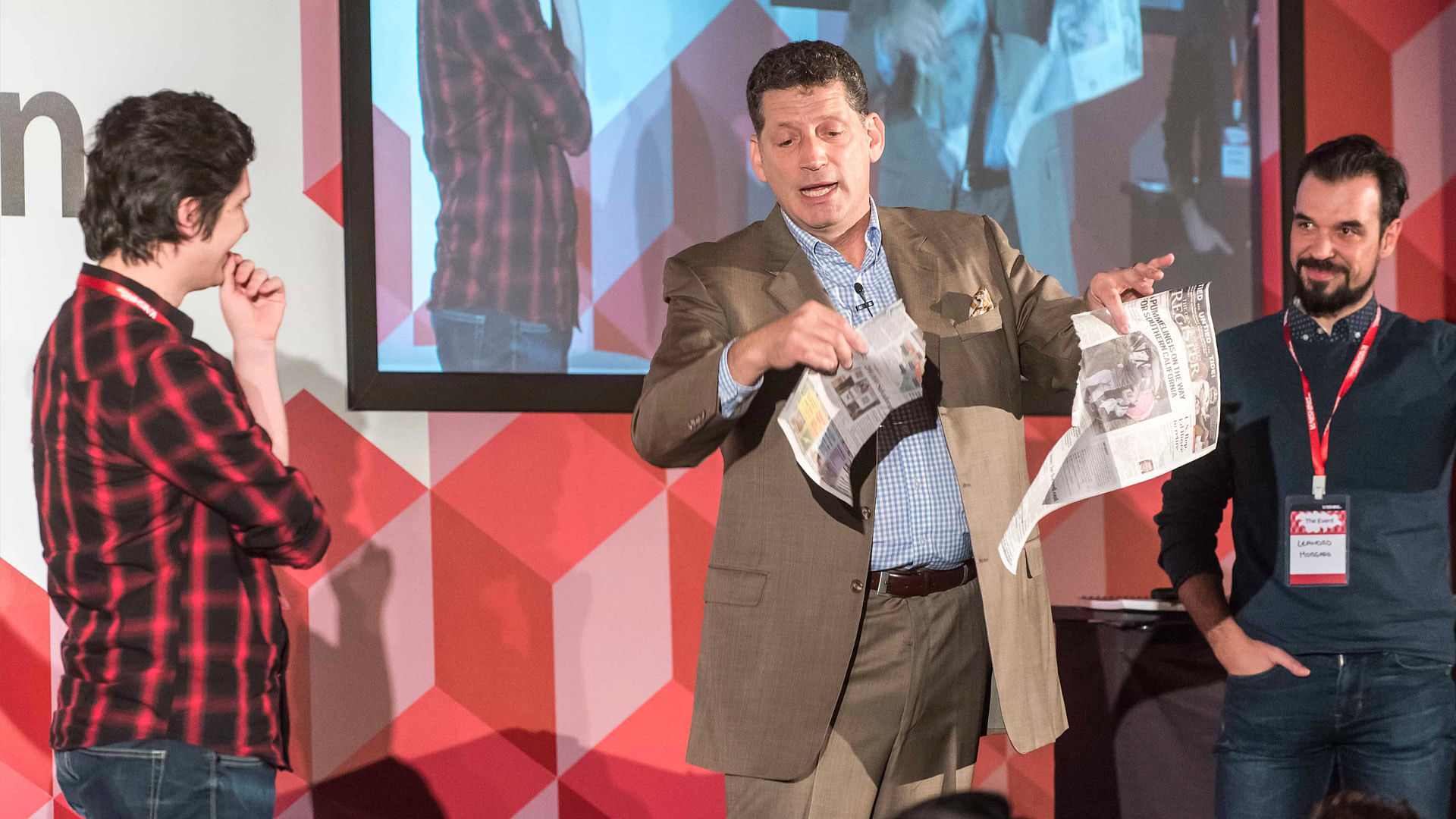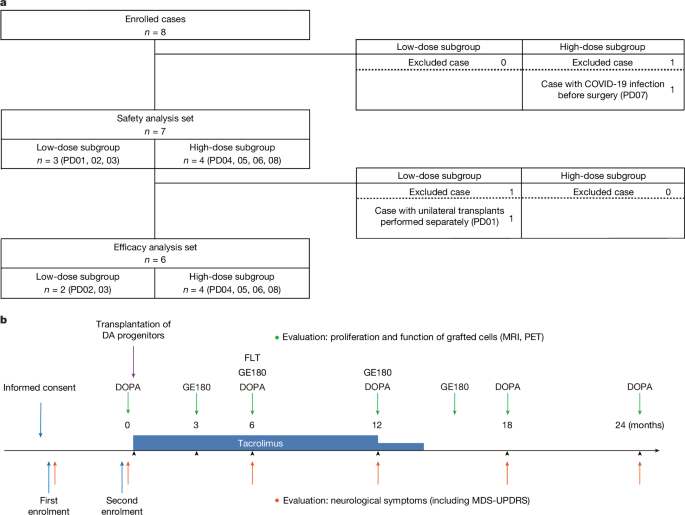Hyperion: The Tallest Tree's Secret and Its Protection

Hyperion, a coast redwood in California, stands as the world's tallest known living tree, measuring 116.07 meters (380.8 ft). Discovered in 2006, its exact location remained a secret until the Redwood National Park closed the area due to habitat destruction caused by excessive visitors. The park now issues hefty fines and potential jail time to those who get too close to the approximately 600-800 year old giant, highlighting the delicate balance between appreciating nature's wonders and protecting its fragile ecosystems.
Read more


















